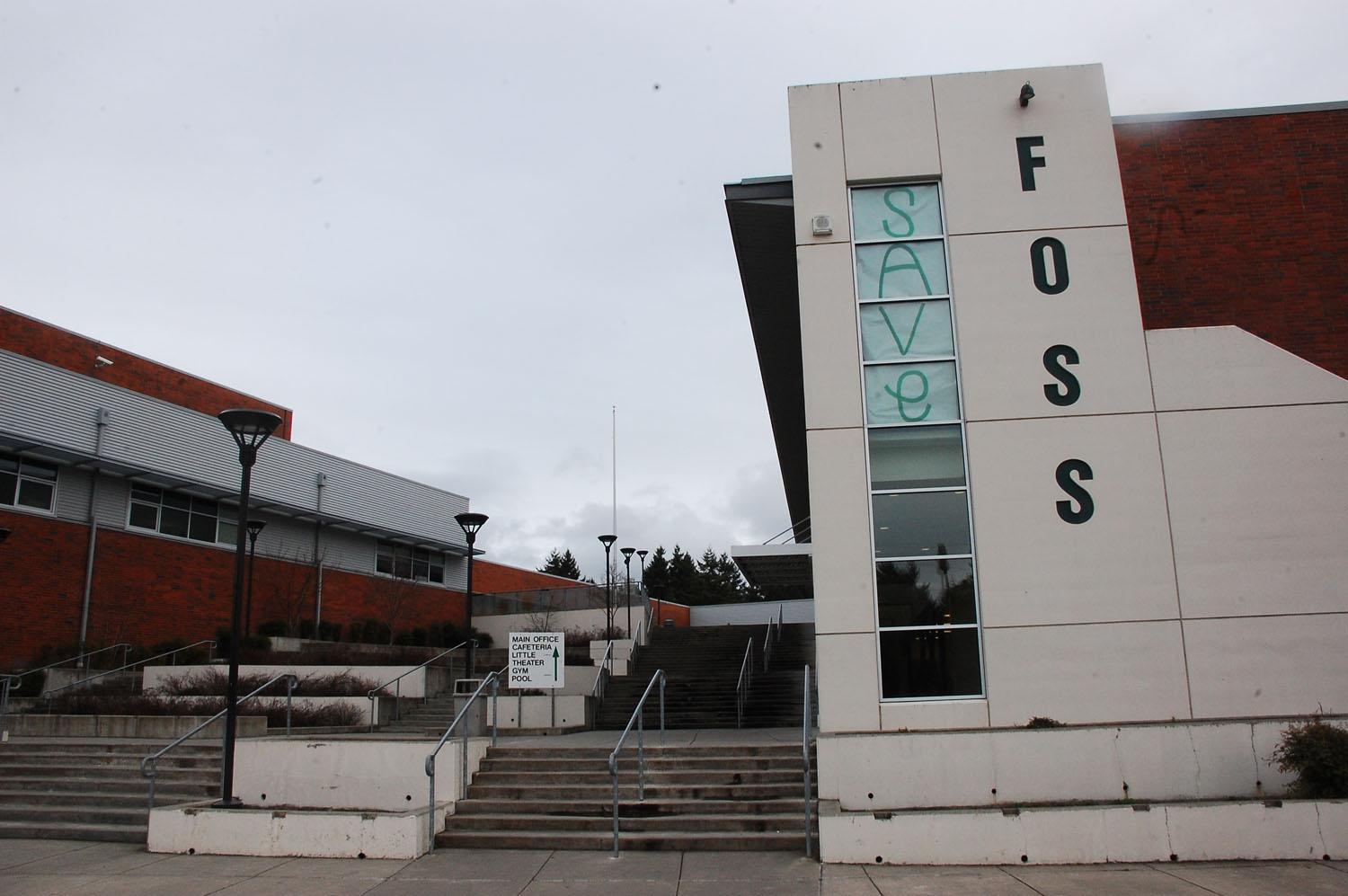
No matter what level of education in Washington State concerns you most—whether it be teaching or higher, secondary or primary education—the new education budget cuts will have a significant effect.
The Washington State House of Representatives recently approved a new budget by a vote of 55-43 that cut $222 million in spending and decreased the budget deficit by over half reported the Seattle Times. One of the main areas to be slashed is education.
Over the next two years, higher education funding will be cut by 4.2 percent, and this decrease will likely raise public university tuition by 9 to 11 percent, according to the Seattle Times.
On the secondary education level, Foss High School—located near Cheney Stadium in central Tacoma—is in danger of being closed next year. According to the News Tribune, Foss has the lowest number of students enrolled in Tacoma, and district officials believe that current Foss students can be distributed to surrounding schools.
The temporary closure of Foss could save the Tacoma School District approximately $5 million next year alone, reported TNT.
While closing Foss could be the solution to Tacoma School District’s problems, this proposition is opposed by many parents and students who want to keep the school open.
“I’ll be honest and say that I’m quite angered by all that is going on around Foss lately. I can’t make any claims of knowing details about everything going on, but I can say that there will be some huge problems to be faced if it is shut down,” former Foss High School student and current Puget Sound freshman Dolan Ellis said.
According to the Foss High School website, the Tacoma School Board has not yet made a final decision concerning the fate of Foss.
Closing schools is not the only idea that school district officials have to save money. TNT reported that some districts in the state have recently toyed with the idea of shortening the school year by a few days.
Washington requires school districts to have 180 days of school, but proponents argue that decreasing this amount by approximately three days is better than most ideas to save the state money. For example, the Bethel School District is considering cutting five days of school which would save the school district $3.5 million, according to TNT.
Supporters of a shortened school year also argue that by cutting the three days prior to Thanksgiving (thus creating a week-long Thanksgiving break), there will be a minimal impact on students’ education because little learning is occurring that week.
Nevertheless, cutting school days in hard economic times may not be the miracle solution many school districts are searching for.
“The United States already has one of the shortest school years in the developed world. Shortening the school year would likely negatively impact the achievement of all of our students,” stated Terence A. Beck, Ph.D, a professor in the Puget Sound School of Education.
“Everyone benefits from time engaged in academic and intellectual work. But, those who are furthest behind in academic achievement are most likely to be the biggest losers of cuts in the school year. Families with means can provide additional experiences for their children during the extra time away from schools. Families that struggle economically are less likely to be able to pick up the slack,” he continued.
Not only will these budget cuts affect students, but it will also affect the nation’s teachers and college students graduating with plans to become teachers.
“In the short term, state budget cuts to education will make finding education jobs more difficult,” said Beck.
But, Beck added, “There are a couple of things to keep in mind. First, the Washington State Constitution states the State’s primary task is the education of the children within its borders. And the number of students who need education isn’t shrinking by any significant amount. The need for well-prepared adults in the schools isn’t going away.”
“Second, these things are cyclical and it will turn around. When it does people will begin to retire and the system will have a demand for many new people. In the short term—no one knows just how long the short term is in this case—getting jobs will more difficult than usual — but there still will be jobs. But, those who gain good preparation and continue to pursue education as a career will be at the front of the line when jobs open up,” Beck said.
[PHOTO COURTESY / ISABELLE CHIOSSO]






